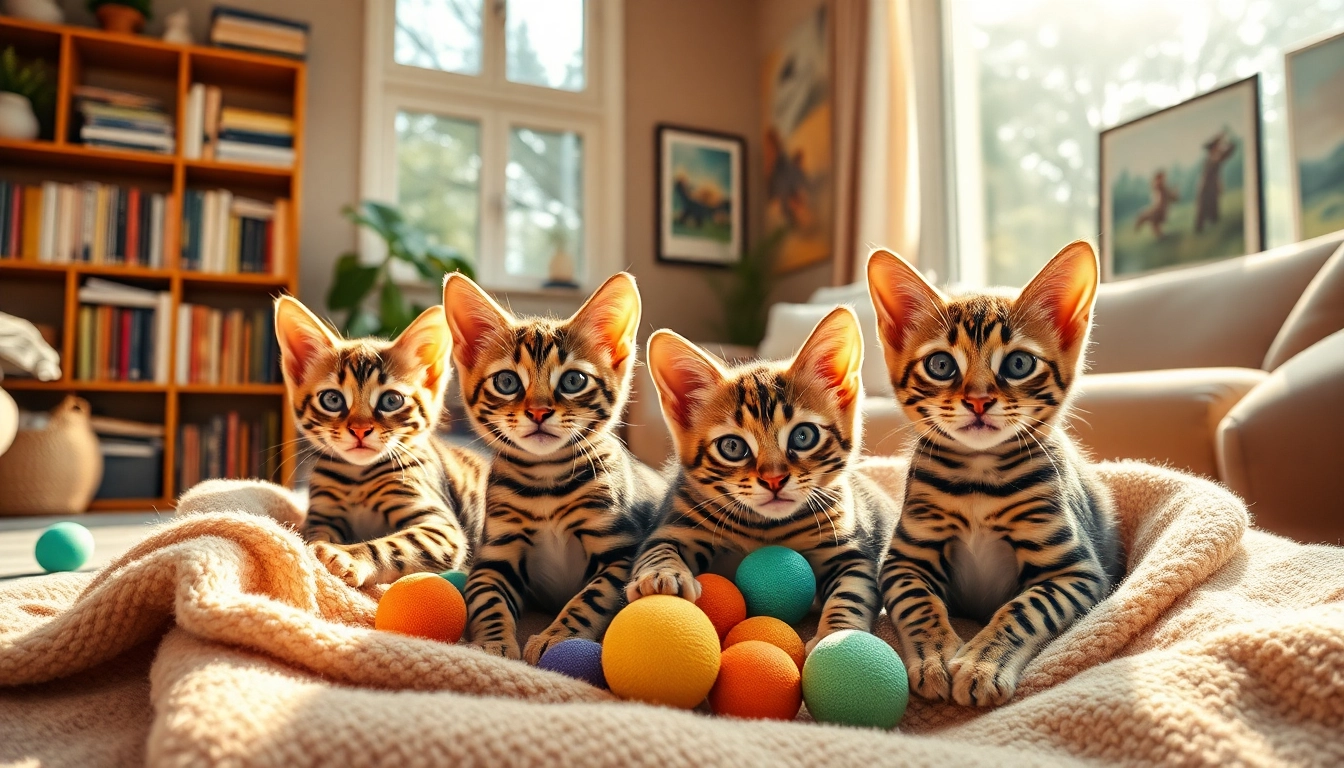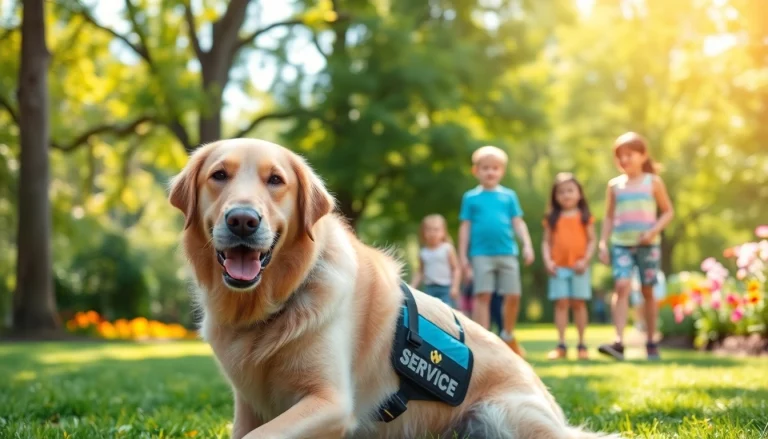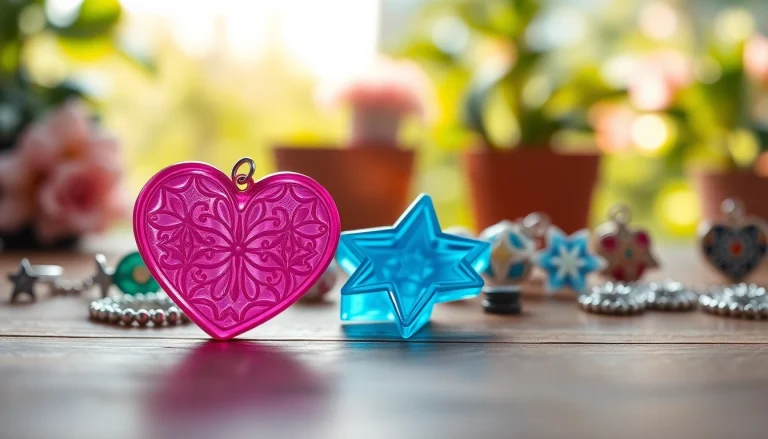Understanding the Bengal Breed
History and Origin of Bengal Cats
The Bengal cat is a hybrid breed, originating from the crossbreeding of domestic cats with the Asian leopard cat (Prionailurus bengalensis). This unique lineage contributes to their striking physical characteristics and exotic appearance. The breed gained popularity in the 1980s when breeders began to recognize the beauty and affectionate nature of these animals. Carole W. Johnson and later, Dr. Willene E. McGowan, were instrumental in promoting the breed and ensuring its proper development, leading to the establishment of Bengal cats as a recognized breed by The International Cat Association (TICA) and other registries.
Generally, Bengal cats have become a beloved choice for many cat enthusiasts due to their intelligence, playful demeanor, and striking aesthetics. Unlike other domestic cats, Bengals possess a wild elegance that attracts potential owners all over the globe. Their rich history and unique heritage make them not just house pets but also a subject of admiration in the feline community.
Physical Characteristics of Bengals
Bengal cats are known for their stunning coat patterns and wild appearance. Their coat can be spotted or marbled, with various colorations including brown, snow, and silver. The unique rosettes on their coats resemble those of a leopard, which is one reason for their exotic allure. Bengals possess striking features such as:
- Muscular Build: Compared to standard domestic cats, Bengals are larger and more muscular, showcasing a powerful frame.
- Distinctive Coat: Their fur is thick and soft, often with a luxurious feel. The coat’s patterns can vary significantly among individual cats.
- Expressive Eyes: The eyes of Bengals are large and can be green or gold, often imparting a striking expression.
- Large Ears: Bengals have medium-sized ears that are rounded at the ends, further contributing to their wild look.
These physical traits not only make Bengal cats visually captivating but also enable them to engage in more adventurous activities.
Temperament and Behavior Traits
The personality of a Bengal cat is as remarkable as its appearance. Bengals are known for being active, intelligent, and inquisitive. They are natural climbers and require plenty of space and stimulation, making them ideal companions for families that can provide an engaging environment.
Bengal cats have an energetic disposition and enjoy playtime, often engaging in interactive games with their owners. Their intelligence can sometimes be mistaken for mischief, as they may figure out ways to open doors or cabinets. Socially, they tend to bond well with their human counterparts, displaying affection through head-butting, purring, and cuddling. It’s essential, however, to provide them with proper socialization and training from a young age to prevent any benign mischief.
Choosing a Bengal Breeder in Orange County
Key Traits of Reliable Bengal Breeders
When searching for Bengal breeders in Orange County, ethical practices and integrity should be at the forefront of your consideration. Firstly, reliable breeders prioritize the health and well-being of their cats. Look for breeders who:
- Are TICA Registered: TICA registration ensures that the breeder adheres to recognized standards and ethical breeding practices.
- Health Test their Cats: Responsible breeders conduct health screenings for common genetic disorders affecting Bengals, such as Hypertrophic Cardiomyopathy (HCM).
- Provide a Clean and Safe Environment: A reputable breeder maintains clean facilities, which reflects their concern for the cats’ living conditions.
- Demonstrate Knowledge and Passion: Knowledgeable breeders can provide insights into the breed’s traits and needs, enhancing your understanding and preparing you for ownership.
Health Testing and Registration Benefits
Health testing provides potential Bengal owners with peace of mind. Common health problems for Bengals include HCM and progressive retinal atrophy (PRA), which can lead to blindness. TICA-regulated breeders often conduct pre-breeding health tests to minimize the risk of hereditary diseases in their kittens.
Purchasing from a registered and health-tested breeder offers several benefits:
- Warranty Against Genetic Disorders: Many breeders provide a health guarantee for a certain period after the sale.
- Confidence in Ethical Practices: Registered breeders uphold standards ensuring the cats are treated ethically, which contributes to their overall health.
Visiting Breeders: What to Look For
Visiting a Bengal breeder’s cattery should provide an opportunity to observe how the cats are raised. Consider the following during your visit:
- Observe the Cats: Pay attention to the cats’ behavior and overall health. They should be sociable, active, and well-groomed.
- Facility Conditions: The cattery should be clean, hygienic, and spacious enough for the cats to move around comfortably.
- Ask Questions: A good breeder will be open to questions regarding their breeding practices, the parents’ health, and the kittens’ care.
Taking the time to evaluate breeders will ensure you choose a responsible source for your Bengal kitten.
Preparing for Your New Bengal Kitten
Supplies You’ll Need Before Bringing Home
Before bringing home your Bengal kitten, it’s crucial to gather essential supplies to create a comfortable and safe environment. Here’s a list of items you should consider:
- Litter Box: Choose a litter box that is easy to access and clean, along with cat litter that is safe and absorbent.
- High-Quality Cat Food: Discuss the best diet with your breeder, as they’re familiar with the nutritional needs of their kittens.
- Scratching Posts: Bengals have an instinct to scratch; providing scratching posts prevents them from damaging your furniture.
- Toys: Interactive toys can stimulate your kitten’s curious and playful nature, keeping them healthy and engaged.
- Cat Carrier: A sturdy carrier is essential for transporting your kitten safely to vet appointments or during travel.
Initial Health Checks and Vet Visits
Scheduling a vet appointment shortly after bringing your Bengal home is vital for their ongoing health. During this initial visit, the vet can:
- Conduct a thorough health check to ensure your kitten is free from illnesses.
- Discuss a vaccination schedule to protect against common feline diseases.
- Provide advice on spaying or neutering, if not already done.
Establishing a relationship with a veterinarian early on leads to better health management for your Bengal throughout their life.
Socialization Tips for Your Bengal Kitten
Proper socialization during a kitten’s early development is crucial for their long-term behavior. Try incorporating the following tips into your routine:
- Expose to New Experiences: Allow your kitten to experience various environments, sounds, and interactions with people and other pets gradually.
- Interactive Play: Engage with your kitten through play sessions, which help develop their social skills and fitness.
- Positive Reinforcement: Reward your kitten during training sessions to encourage good behavior and strengthen your bond.
Socially active Bengals are well-adjusted and form not only a strong bond with their owners but also show a healthy acceptance of diverse environments and people.
Common Questions about Bengal Cats
Do Bengal Cats Get Along with Other Pets?
Bengal cats can be social and generally enjoy the companionship of humans and other animals. However, their interest in activity and play can sometimes overwhelm feline companions. It’s essential to introduce your Bengal to other pets gradually and monitor their interactions. Ensure that every pet has their space and time to acclimate, allowing for individual comfort.
How Much Exercise Do Bengals Require?
Due to their high energy levels, Bengal cats require ample physical and mental stimulation to remain healthy. It’s recommended that Bengals engage in at least 20-30 minutes of interactive play each day. Activities could include chasing feather toys, climbing on cat trees, or even leash walking once they are comfortable. Such activities help mitigate potential behavioral issues that arise from a lack of exercise.
Understanding Bengal Health Concerns
While Bengal cats are typically healthy, certain genetic predispositions are worth noting. Potential health issues include:
- Hypertrophic Cardiomyopathy (HCM): A common condition in many cat breeds, including Bengals, where the heart muscle thickens, leading to serious health issues.
- Progressive Retinal Atrophy (PRA): A genetic condition leading to vision impairment or blindness over time.
Routine vet checks, vaccinations, and maintaining a healthy diet can significantly minimize these risks. Being aware of their health landscape helps owners take the appropriate preventive measures.
Locating Bengal Breeders in Orange County
Top Recommendations for Reputable Breeders
If you’re seeking Bengal breeders in Orange County, you can consider these reputable options:
- BabyBengals.net – Known for their champion bloodlines and proper care standards.
- Bengal Babies – A licensed and TICA registered cattery that promotes well-raised Bengal kittens.
- Shangripaw Bengals – Focused on beauty, structure, and friendly temperament.
Online Resources for Bengal Breeders
Online platforms can be a great resource for finding Bengal cat breeders. Websites like Reddit host community discussions where individuals share their experiences and recommendations for reliable breeders. Joining feline-related forums and groups can also provide insights on current breeders and best practices in Bengal ownership.
Joining Bengal Cat Communities in Southern California
Being part of Bengal cat communities can offer extensive support and knowledge as well as opportunities to connect with other Bengal owners and breeders. Local cat shows and events often feature Bengal breeds, allowing enthusiasts to mingle and share insights. Online platforms like Facebook allow you to join dedicated groups that focus on Bengal care, breeding discussions, and adoption opportunities.








